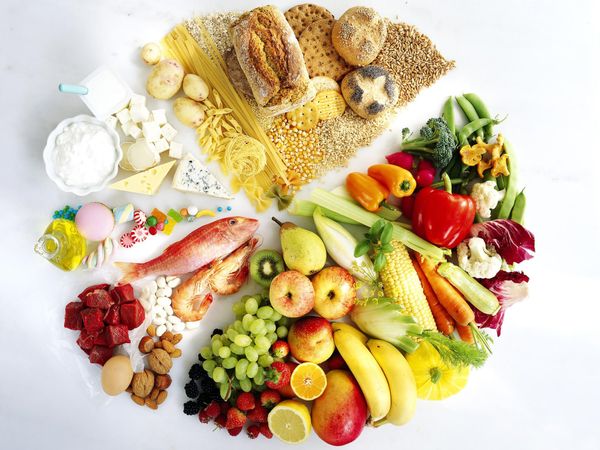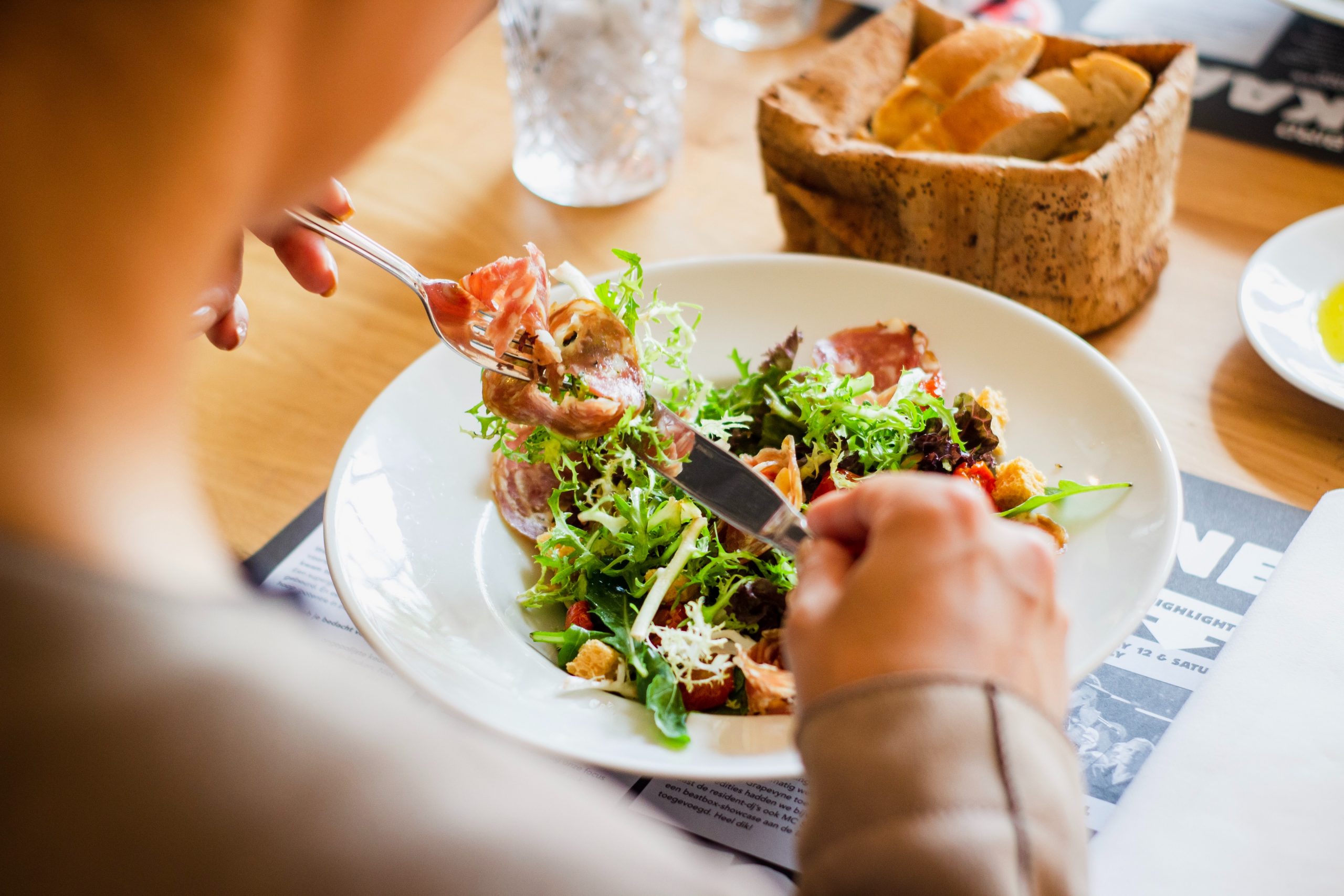Incorporating a variety of nutrient-rich foods is a known way to help us maintain healthy bodies that will keep working well into old age. Recently, a study conducted by University of Missouri researchers has revealed soy-based foods to be another type of food we can add to that list as well, as they have been associated with improved bone and metabolic health in both post and pre-menopausal women.

Source: Medical News Today
The study
In this study, the researchers assessed the effects of a soy-based diet on one group of female rats versus a corn-based one on another. The rats observed in this study were specially bred to have low fitness levels. The two groups of rats were divided further into rats that had their ovaries removed (mimicking the effects of menopause in human women) and rats with their ovaries kept intact.
Victoria Vieira-Potter, a co-author of this study and associate professor of nutrition and exercise physiology in the University of Missouri said that previous research indicates that the rats used in the study represent a good model of American women as they tend to be relatively inactive before menopause and more so, after.
The bone-strength of the rats fed soy was compared with that of those fed corn. It was found that the rats fed with the protein-rich plant food had stronger tibia bones (shinbones) compared to the ones fed a corn-based, soy-free diet. This was found to be the case amongst both rats that kept their ovaries – and as result, normal ovarian hormone function – and those that did not. The results also showed that the soy-fed rats had better metabolic function than the corn-fed ones, also irrespective of ovarian status
The researchers involved in this study say that it provides a good case for women to include whole soy foods in their diets such as milk and tofu. Pamela Hinton, professor of nutrition and exercise physiology in the University of Missouri adds that women don’t need to incorporate large amounts of soy, such as those found in Asian diets, to experience these benefits.

Source: Yummy Mummy Club
But doesn’t soy cause breast cancer?
In short (very likely) no. Soy foods have been subject to controversy over the years as they contain a naturally-occurring phyto-oestrogen, i.e. a plant-based oestrogen, called isoflavone. While it’s known that the oestrogens can stimulate the growth of breast cancer cells, phyto-oestrogens from it have not been shown to do this in humans. Furthermore, soy isoflavones do not tend to bind to the oestrogen receptors in the human body that can encourage the growth of breast cancer cells, according to Dr Omer Kucuk, a medical oncologist at Emory University’s Winship Cancer Institute who spoke to CNN on the issue of soy and breast cancer risk last year.
There are two types of oestrogen receptors in humans: alpha and beta. Compounds that bind with alpha oestrogen receptors may increase breast cancer risk, while those binding with beta receptors have the opposite effect. Dr Kucuk says that isoflavones from soy prefer to bind with beta receptors.
In fact, a study published in the Cancer journal last year appears to settle this debate, as women with breast cancer who ate soy appeared to have better survival rates than those who did not. The study followed over 6,000 American and Canadian women for a 20-year period between 1995 and 2015 showed that the quartile of women who consumed the most– around half to one serving a week – had a 21% higher survival rate compared with the quartile who consumed the least over the 113-month (around 9.4 years) follow-up periods when mortality data was assessed.
The women in the study were also controlled for other lifestyle factors that affect breast cancer mortality such as smoking, exercise, weight, alcohol-consumption and socio-economic status.
Dr Kucuk told CNN that this study says that the data in this study is one of the strongest available in North American women – a population not classically associated with high soy consumption as opposed to the case with some Asian ones. He says that it should also put to rest the notion that soy may only benefit women from those Asian populations as they grew up consuming soy foods, unlike North American women.
Dr Kucuk plainly says that soy foods are “good”, “safe” and protect against breast cancer as well as mortality from it.
So reaching out for that carton of vanilla-flavoured soy milk might not be such a bad idea after all!






Leave A Comment
You must be logged in to post a comment.